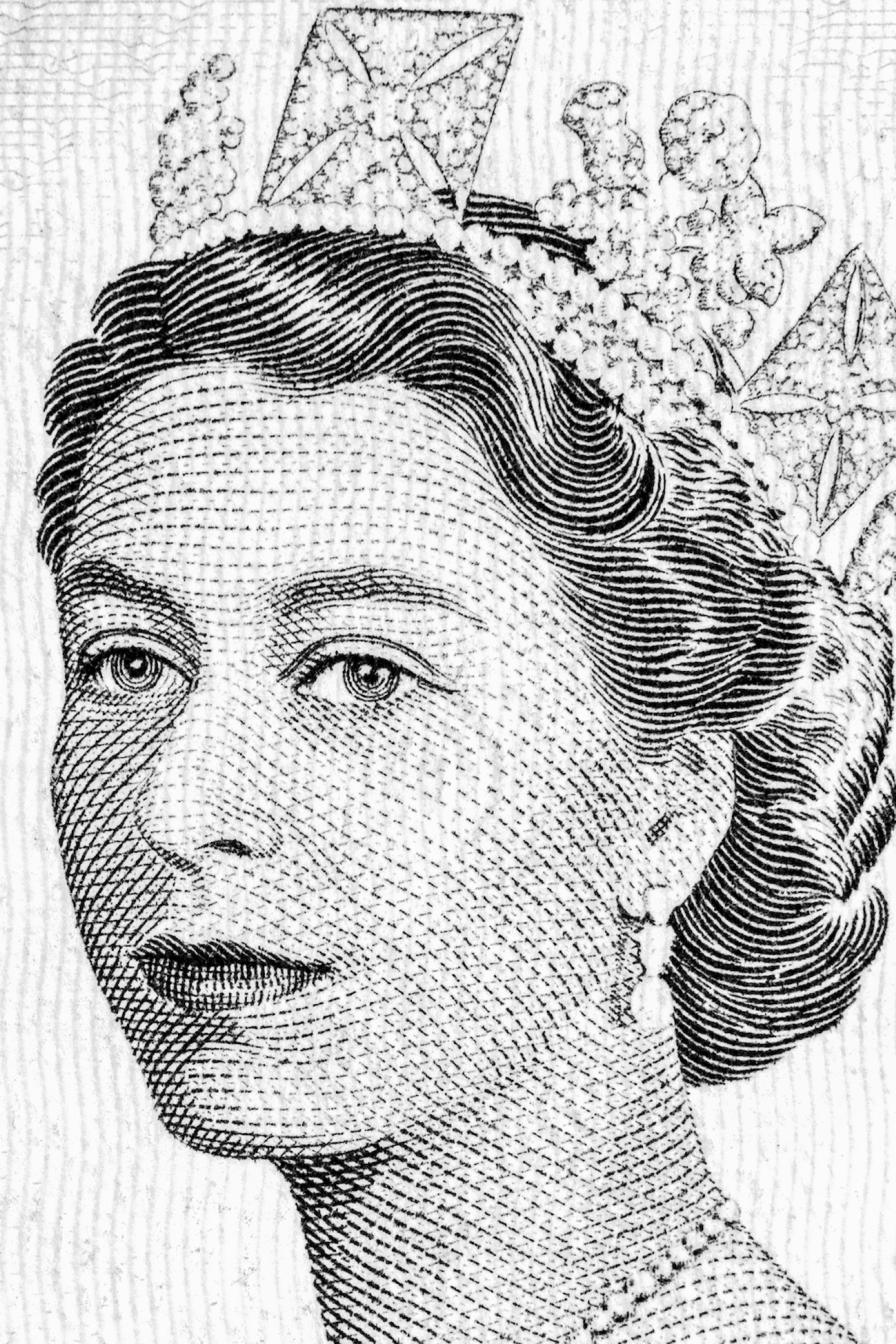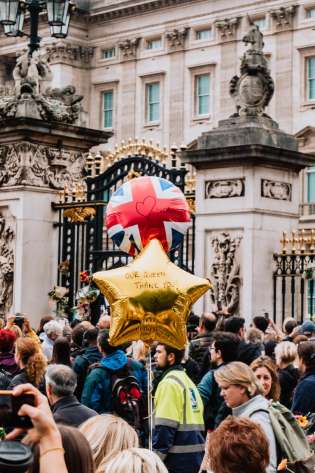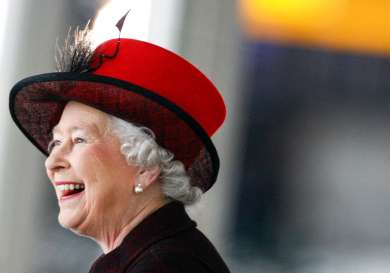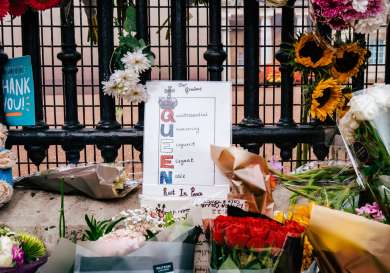What is a legacy?
I hope I'm not contradicting myself particularly, but despite what I have just said, I am not a royalist. Whilst I appreciate the historical and cultural significance of the British Monarchy, I also acknowledge the imperialist past they represent, and the everlasting pain Britain has caused through colonialism. It calls into question many things, in particular Queen Elizabeth's legacy. How will she be remembered? As a woman who loved corgis and marmalade sandwiches, or as a figure who represented an institution that had a long and ugly history of brutal colonialism, violence, theft (I was 15 when I learned the Crown Jewels I had once so lovingly adored contained stolen gems), and slavery. I guess I can't really answer that, as only time will tell what legacy history chooses to endorse.
In spite of this, it is still a strange and emotional time in the UK. Comedian Sue Perkins took to Twitter to share her thoughts on HRH's passing,
"What an extraordinary life. A fixed point, seemingly unchanged by the whirlings of history around her. So strange to be suddenly without."
And I think that is exactly it; that is what is causing the twinge of sadness and simultaneous surreal-ness we are all feeling. Queen Elizabeth II was all the world had ever known, and suddenly, she was gone. For over 70 years, she had ruled with dignity, grace and humour, through jubilant celebrations and devastating lows. Her stoicism, sacrifice and commitment to our country were undeniable, and so for that to suddenly disappear will undoubtedly cause unease. The Queen also played an important role in modernising the constitutional monarchy (an oxymoronic phrase if ever there was one), closing the once brobdingnagian gap between the public and royals. The Queen started paying taxes; Buckingham Palace was opened to the public; the royal yacht, Britannia, was decommissioned; the rules of curtseying relaxed; and members of the royal family even made appearances with the Spice Girls! These measures in many ways showed the royal family's efforts to keep up with public opinion.
The End of the Elizabethan Age
The last 10 days have also sparked a peculiar and uncanny feeling of patriotism within me as we have approached the end of the new Elizabethan age. Queen Elizabeth II was one of the few monarchs (alongside Elizabeth I and Queen Victoria) who had given her name to an era, underlining the longevity, uniqueness, and impact of her reign. For someone to dedicate their whole life to our country, bridging the ages from the steam train to streaming, from the end of Empire to the evolution of the Commonwealth, is monumental. Acknowledging that the nation Queen Elizabeth II leaves behind is so radically different to the one she inherited does provide a sense of pride and gratitude regardless of your own personal views of the monarchy.
Furthermore, watching the hundreds of thousands of mourners #QueueForTheQueen, as she lay in state at Westminster Hall was surprisingly very moving. Not only did it truly exemplify the British people's love for our late Queen, but reflected how her dedication and commitment has impacted the nation. The queue, which had a maximum total length of 10 miles and a maximum waiting time of over 24 hours, was a social phenomenon (as well as a reinforcement of the stereotype that British people love queueing and are skilled at doing so!).
Queen Elizabeth's life truly was remarkable; her legacy beyond compare.
I will leave the final words about the Second Elizabethan era to the Queen herself; providing the British public, in a rare and significant television appearance at the height of the 2020 Covid pandemic, with her own definition of what it means to be a new Elizabethan:
"The pride in who we are is not part of our past. It defines our present and future."



